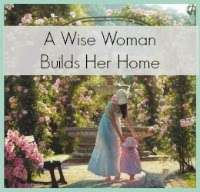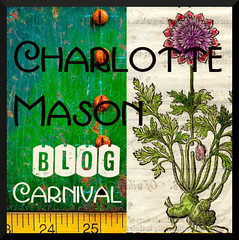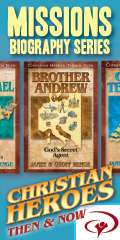https://www.canva.com/design/DADfAl9OUKM/view
How do we encourage the physical, intellectual, moral and spiritual growth of our children?
According to Charlotte Mason in Volume 6 of Charlotte Mason’s Original Homeschooling Series, called “Philosophy of Education” in chapter 4:
Knowledge Appeals to and Nourishes the Mind
“If knowledge means so much to us, “What is knowledge?” the reader asks. We can give only a negative answer. Knowledge is not instruction, information, scholarship, a well-stored memory. It is passed, like the light of a torch, from mind to mind, and the flame can be kindled at original minds only. Thought, we know, breeds thought; it is as vital thought touches our minds that our ideas are vitalized, and out of our ideas comes our conduct of life.
The case for reform hardly needs demonstration, but now we begin to see the way of reform. The direct and immediate impact of great minds upon his own mind is necessary to the education of a child. Most of us can get into touch with original minds chiefly through books; and if we want to know how far a school provides intellectual sustenance for its scholars, we may ask to see the list of books in reading during the current term. If the list be short, the scholar will not get enough mind-stuff; if the books are not various, his will not be an all-round development; if they are not original, but compiled at second hand, he will find no material in them for his intellectual growth. Again, if they are too easy and too direct, if they tell him straight away what he is to think, he will read, but he will not appropriate.
Just as a man has to eat a good dinner in order that his physical energies may be stimulated to select and secrete that small portion which is vital to him, so must the intellectual energies be stimulated to extract what the individual needs by a generous supply, and also by a way of presentation that is not obvious. We have the highest authority for the indirect method of teaching proper to literature, and especially to poetry. The parables of Christ remain dark sayings; but what is there more precious in the world’s store of knowledge?”
In other words, when we introduce our children to great thoughts and ideas, they proceed to think great thoughts themselves. They make connections when they see something that reminds them of another thing that they learned or experienced. Thought breeds thought.
We need to present “vital” thoughts to our children, thoughts that challenge, inspire, excite, and spark imagination. Ideas and thoughts are to the mind as food is to the body. Our mind feeds on thoughts. We need to give our children good mind food. And then the thoughts that come from those ideas will cause growth.








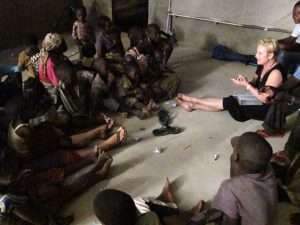
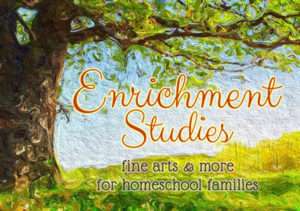
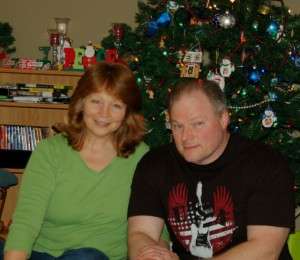

 "Oh that God would give every mother a vision of the glory and splendor of the work that is given to her when a babe is placed in her bosom to be nursed and trained! Could she have but one glimpse in to the future of that life as it reaches on into eternity; could she look into its soul to see its possibilities; could she be made to understand her own personal responsibility for the training of this child, for the development of its life, and for its destiny,--she would see that in all God's world there is no other work so noble and so worthy of her best powers, and she would commit to no other's hands the sacred and holy trust given to her." -JR Miller
"Oh that God would give every mother a vision of the glory and splendor of the work that is given to her when a babe is placed in her bosom to be nursed and trained! Could she have but one glimpse in to the future of that life as it reaches on into eternity; could she look into its soul to see its possibilities; could she be made to understand her own personal responsibility for the training of this child, for the development of its life, and for its destiny,--she would see that in all God's world there is no other work so noble and so worthy of her best powers, and she would commit to no other's hands the sacred and holy trust given to her." -JR Miller